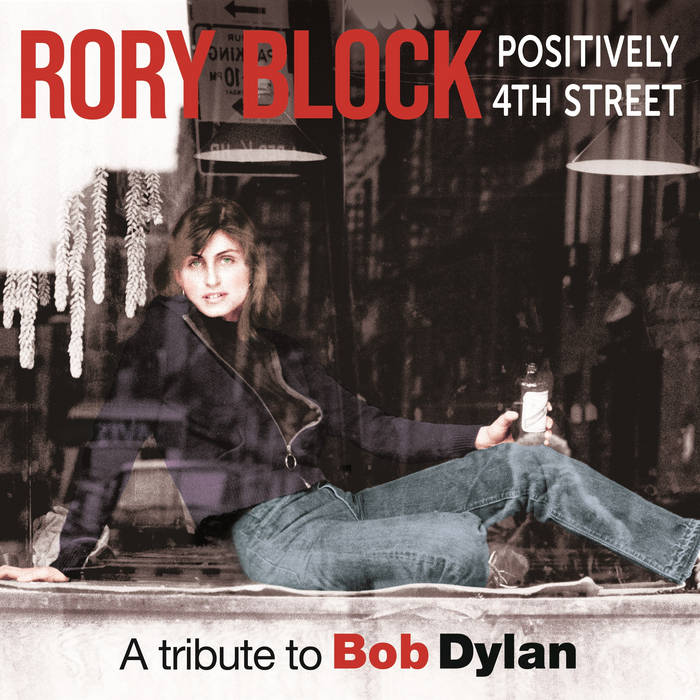“In a career that has already spanned a half-century, Jorma Kaukonen has been one of the most highly respected interpreters of American roots music, blues, and rock.” So states the biographic information from his online press kit.
“That’s very flattering in a lot of ways,” he responded when I read that to him. “You know, I’ve been in the game a long time you know. And the press is an interesting animal. I just look at it this way: if somebody likes what I’m doing then it’s okay. And if they don’t… Well, they always say in my line of work, if you’re going to read the good reviews you have to read the bad ones too.”
Jorma has been interviewed hundreds if not thousands of times. There are few if any questions he has not already been asked about music and his career. Music has dominated Jorma’s life since he was a kid. “Not that my wife and kids come secondarily to me,” he told me. Still, he admits everything seems to revolve music in his life.
Playing music never gets old for him, and conversations about music never get old either. And so we had a wide-ranging conversation about the blues, guitars, songwriting, and how music informs our lives.
Jorma does not consider himself a traditional blues musician but acknowledges traditional blues has been a guideline to his past. “There is no question my music is blues inspired,” he says, “even though I don’t play what I would consider to be straight blues at all times.”
At one point in our Zoom conversation he noticed my guitars sitting in the background. He remarked, “So we both love the guitar. So we’re kindred spirits talking together. The guitar in a way is an undemanding member of the family because it is always there for you. Yet, in another way it is always demanding because it never gets old. There is always something there.”
Jorma has experience with both commercial and non-commercial music having played in Jefferson Airplane, Hot Tuna, and as solo artist. I asked him if there was a difference between commercial and non-commercial music.
“Not much, really,” was his answer. “As a younger musician when I was in my twenties hanging out in New York, and going to Antioch College and all that free hippie stuff, we of course scorned commercial music. However, the guys we idolized and were trying to learn were probably happiest when they were successful – financially successful – in their world.”
“Looking back at it from this side of the mountain, it is hysterically funny,” Jorma continued. “I doubt if Reverend Davis would have wanted to be unpopular. So I guess that (distinction) rests on the shoulders of critics and snarky fans.
“And it’s not a bad thing,” he continued. “I get it. It makes you feel special that you like something that nobody else would buy. You may like it if only you and your buddies were the only ones who liked the hip stuff. But the guys who did the hip stuff probably liked if people would buy their records.”
Jorma’s insight into songs and particularly songwriting began as a teenager listening to Buddy Holly. He was a big fan. “Oh yeah,” he said. “”I mean who wasn’t? There was something so passionate about Buddy Holly’s music. It’s almost hindsight today but when you look back at (his songs), he just knew who we were. He wasn’t like a Tin Pan Alley writing songs for teenage kids. He knew who we were. And we knew that he knew.”
Buddy Holly’s influence is something that Jorma still feels today, and credits Holly for his singing style. “Nobody really sang like Buddy Holly,” he says. “But he inspired my singing in a lot of ways as a young singer. And I’m probably the only one who hears it but I think there is a lot of his singing style that lives with me today.”
Buddy Holly’s music has not lost its appeal for Jorma. “We don’t look the same but we’re the same people we were as teenagers,” he believes. “There are many new artists that didn’t exist back in those days but a guy like Buddy Holly has never lost his luster.”
So when it comes to songwriting, does he write to a particular audience?
“I have never written specifically for an audience,” Jorma says. “I have been in the game for a long time so I’ve written a lot of songs. But I don’t consider myself a tunesmith. All of the songs I’ve written, or any of the ones that come close to being what I consider good, really have to do with where I am at the time of doing that song.”
Jorma does a lot of touring and his audiences always seem to enjoy the songs he writes and sings. “My audience allows me to tell my story and they take an interest in it on some level.”
Jorma has a few solo gigs lined up and will continue to tour and work with longtime collaborator John Hurlbut. “Once he and I settle in to our zone again I may see if he is up for writing some songs,” Jorma told me. “So we will see what happens.”
And we will be looking forward to hearing the results of that collaboration.
In addition, Acoustic Hot Tuna sets out touring across the U.S. from July to October.





